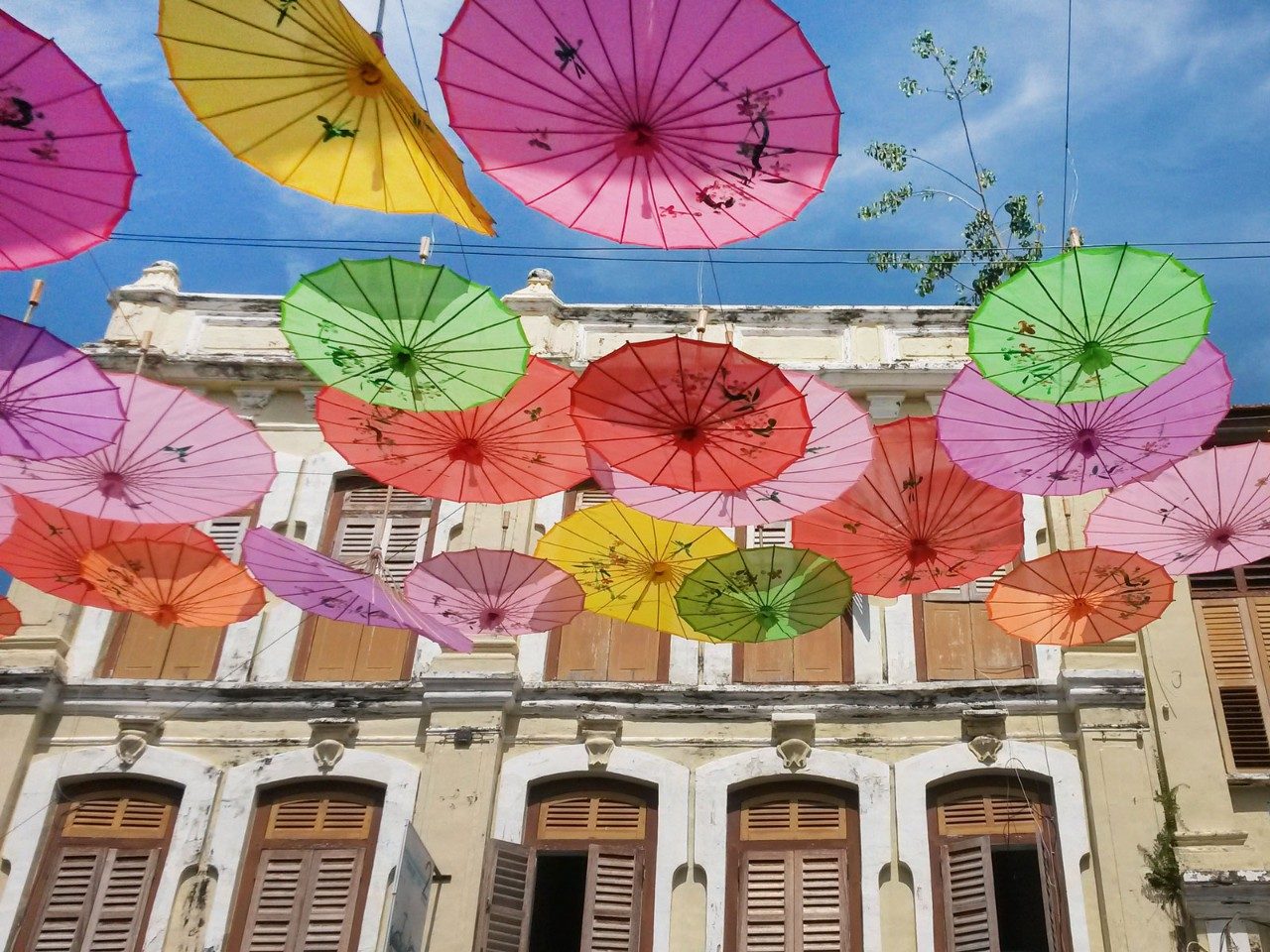Top Ten Things to Do in Penang

The island was an important trading post for merchants in the 19th century, and its history of immigration makes for a fascinating multicultural legacy.
The island of Penang embodies an extraordinary history: though just a scrap of land located off the Malaysian mainland in the Straits of Malacca, its capital, George Town, was a networking hotspot for merchants, traders and adventurers in the 19th and 20th centuries. They converged here in their droves: people from Europe and the Middle East and every corner of Asia. Many of them stayed, and the result is an enduring legacy. Here are 10 ways to capture the island’s essence.
SEE ALSO: Kuala Lumpur's Most Affordable 5-Star Hotels
Sleep in an historic house
Check into one of the many shop-houses and bungalows reinvented as charming boutique hotels in George Town’s UNESCO World Heritage-listed historic centre. Best known is The Blue Mansion, a Chinese courtyard house built in the late 19th century for the wealthy merchant Cheong Fatt Tze. At the Sekeping Victoria guesthouse, distressed concrete surfaces, skylights and industrial fittings provide a whimsical counterpoint to the city’s historic outlook. Be sure to pop into the adjoining Awesome Canteen for coffee or a cocktail.
Get your caffeine-and-cake fix
The best recommendation is patronage by the locals, and so it is at the Mugshot Café and adjoining Rainforest Bakery (300, Lebuh Chulia, George Town), a trendy spot filled with Penangites and tourists alike and offering an alternative to George Town’s superfluity of (excellent) Asian fare: chocolate croissants, focaccia, bagels and brownies.
Wrap yourself in seaweed
Deluxcious Spa is more than just a purveyor of comforting therapies – tropical bamboo massage, traditional lulur (coating of the skin in natural herbs) and volcano-heated rock massage – it also offers guests healthy spa cuisine infused with local herbs.
Fuse your flavours
Penang’s multicultural history comes to life in the dishes served at Auntie Gaik Lean’s Old School Eatery (No 1, Bishop Street, George Town). On the menu is Baba-Nyonya, a cuisine that evolved from the intermarriage of Malays and the Chinese, Indian and Middle Easterners who migrated here.
Spice it up
Take a guided tour of the lush terraces at the Tropical Spice Garden on the island’s northern rim, then roll up your sleeves for a lesson in Malay, Indian or Baba-Nyonya cooking at the garden’s onsite cookery school.

Find a secret beach
It’s a seven-kilometre hike from Teluk Bahang (45 minutes by car from George Town) to Teluk Kampi, an isolated beach located on the western rim of the Penang National Park. But the rewards are great: a clear stretch of sand, possible turtle sightings, gently lapping waves… and the whole place to yourself.
Take tea at the E&O Hotel
The Eastern & Oriental Hotel’s 1885 restaurant was named for the year in which this grand old establishment was opened. Colonial to its very foundations, it continues the theme with traditional afternoon tea, served every day between 2pm and 5pm.
Cruise the streets
Comb George Town’s historic centre for samples of its famed street art, either on your own or with a guide (contact Clement Liang of the Penang Tourist Guides Association at ptga.my or clement_liang@yahoo.com). Explore the delightful, still-inhabited Clan Jetties – stilted homes built by Chinese Hokkien immigrants in the 19th century – at Weld Quay. Buy an ais kacang, a specialty Malaysian treat made with ice shavings and red beans, from the stall in front of Tan Jetty.
Toast the sunset
You’ll find wraparound city views at Three Sixty’s rooftop bar, Sky Bar, at the Bayview Hotel George Town. But for the perfect George Town sunset, head to Penang’s highest bar, David Brown’s Sky Terrace, located atop Penang Hill, and watch as the city starts to twinkle.
Dine with the finest
Mingle with the ghosts of governors past at Suffolk House Restaurant, located in a stately Anglo-Indian garden house that was once the British governor’s residence. The food here befits such an esteemed property, and reflects the blending of cultures that is so characteristic of Penang.

SEE ALSO: The 10 Best Places to Eat in Kuala Lumpur


